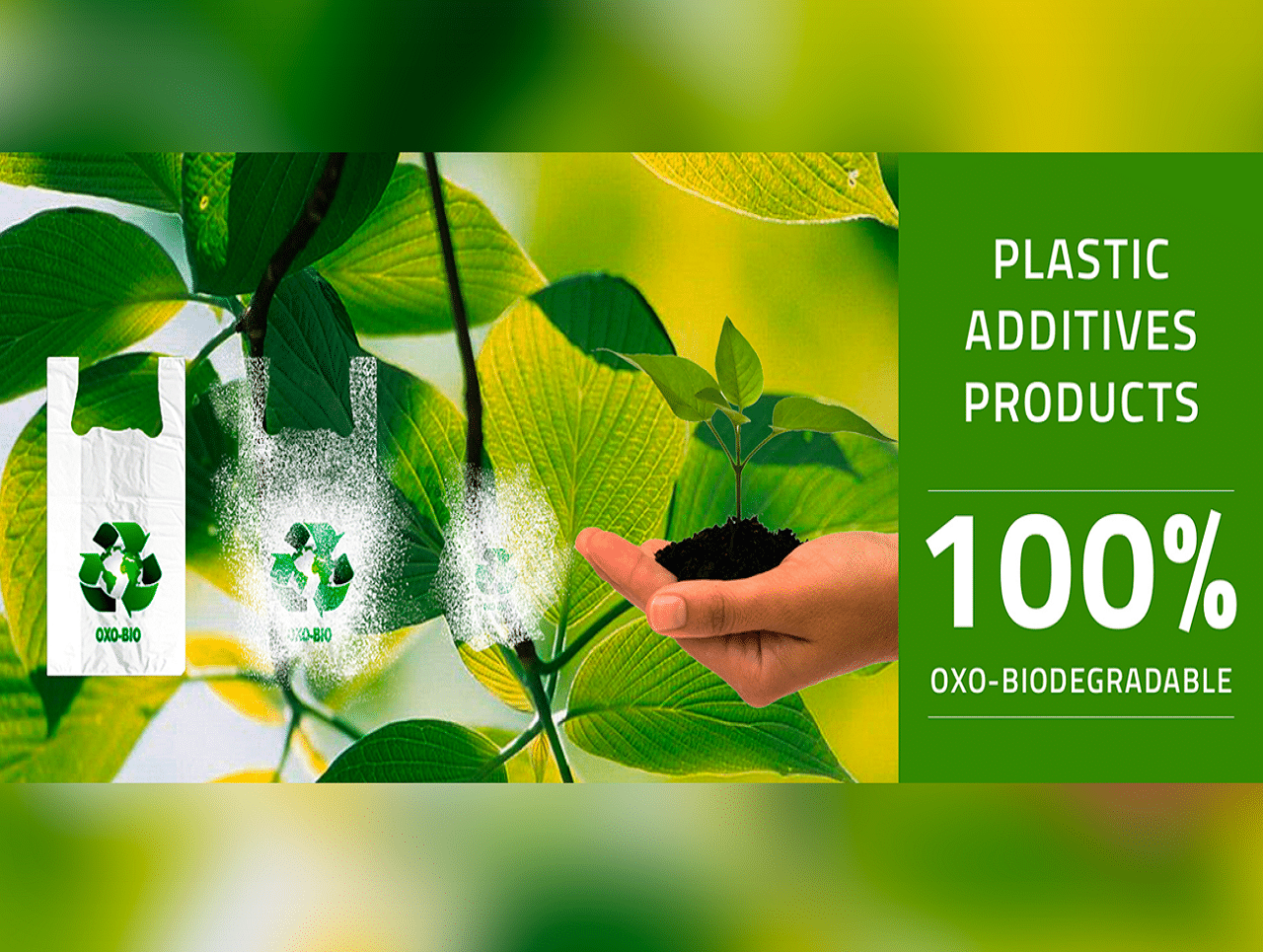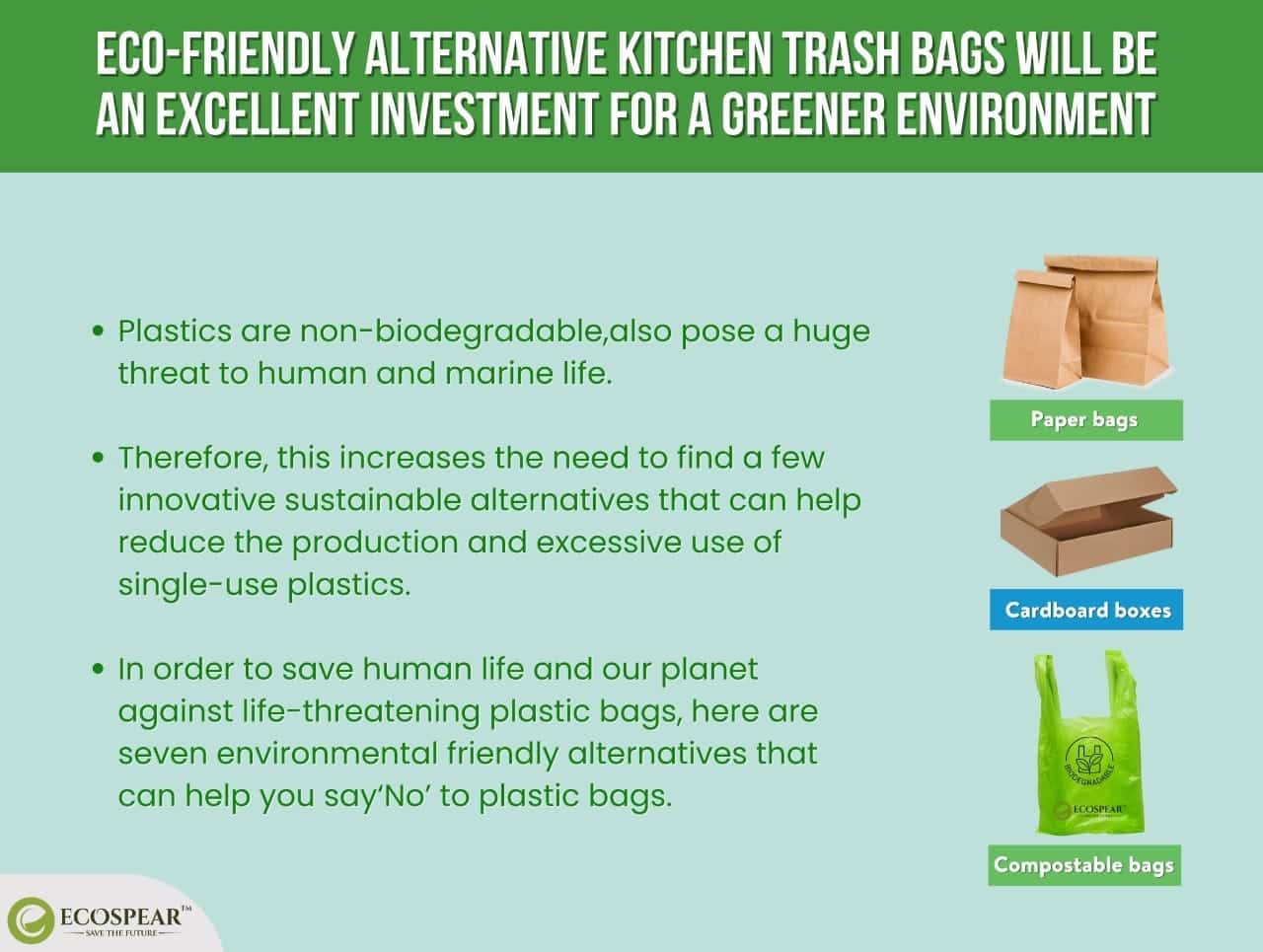If we all take a moment to look at our surroundings, it’s easy to see plastic is an invaluable part of our lives. Anything and everything can be and is often made of plastic. Plastics are undoubtedly one of the most versatile materials on earth. However, we have realized plastics are threatening, especially regarding environmental interaction.
The Problem with Plastics
Plastics are carbon-based polymers with long-chain molecular structures. Due to their synthetic composition, plastics increasingly become pollutants, hostilely affecting wildlife and nature. The concern is that plastic is too good and is massively used at scale in industries, food packaging, etc. Since it is meant for durability, plastic is not biodegradable. Plastics can cause some serious havoc on the environment, leading to long-term issues for plants, animals, and people. Some significant long-term effects of plastic pollution are:Adverse Effects on Human Health
Did you know we consume plastic-contaminated seafood? Scientists discovered microplastics in more than 114 marine species, and around one-third of these end on our plate. We also consume microplastics via bottled water, and the WHO published research in 2018 revealing that microplastics are present in 90% of bottled water. Since these components do not decompose and dump millions of plastic packets, we breathe microplastics due to poor waste management.It Disrupts the Food Chain
Because plastics come in large and small sizes, microplastics even affect the world’s tiniest organisms. These organisms are ingesting plastics, which can cause a whole new slew of problems along the food chain. It means plastic is present in the fish we consume every day.Groundwater Pollution
If you’ve ever seen a garbage dump, imagine what happens every time it rains. The mess we see outside is mainly contaminated with plastic packages and materials, and these elements release toxins and chemicals. Groundwater and reservoirs being susceptible to these toxins, absorb them. After that, these plastic particles enter our drinking water.Air Pollution
Burning plastic in the open leads to environmental pollution as they release harmful gases and toxins. Inhaling this air affects the respiratory problem. Fortunately, we can curtail the issue by switching to biodegradable plastic materials. With this motto in mind, Ecospear started exporting biodegradable plastic bags with eco-friendly technology that is safe and aligns with the sustainable goals of Bangladesh.What Is a Biodegradable Plastic Bag?
Unlike traditional plastics, biodegradable plastics are made from natural products and can be disintegrated by microorganisms under controlled conditions. This primary factor makes them biodegradable, and they can decompose naturally when introduced into the environment. Ecospear leveraged this eco-friendly mindset and started developing biodegradable plastic bags with cassava starch, a native South American plant with potato-like roots. The bags look precisely like polythene bags but do not harm the environment. Ecospear collaborated with the esteemed Imperial College and engineered a new technology for the packaging industry. And the products created by this technology will decompose in the environment in less than one year. The good news is that the plastic bag dissolves instantly in warm water. The bags are sturdy like regular plastic bags, but using the magic of science, we ensured they break down in the environment over a short period. Usually, these bags come in two sizes. The smaller one, which measures up to 30 microns, takes less than 90 days to decompose completely, and the larger one, which is a bit heavier, measuring 55 microns, takes 147 days to disintegrate. Due to the specific disintegration property, the bags are heavily marketed in the UK and France. Buyers from Sweden and Spain have also expressed their interest in purchasing these bags in bulk. Depending on the size and thickness, these bags cost between Tk 5 to Tk 25 and lasts for a month. The prices will fall extensively if the government reduces the import duty on cassava starch. Environmentalists suggest these are the best alternatives for polythene bags, which were banned in Bangladesh in 2002 but are still widely used. Even though the wonder received approval from BCSIR, it has yet to be allowed to market in the country due to restrictions from the authority. However, the bags will become a role model in Bangladesh if the government approves. These bags also have an Organic Waste System (OWS) certification from Belgium. Ecospear Pvt. Company Ltd wanted to establish a greener world and combat the issues of the ongoing plastic crisis. So, the company started marketing eco-friendly alternatives, including biodegradable plastic bags, straws, cups, food containers, and surgical aprons. These creations don’t require dependence on fossil fuels and non-renewable resources. Ecospear believes they are a new way to reduce carbon footprints. With their fast and natural breakdown capacities, they can bring a significant change in the current pollution levels.The Advantages of Biodegradable Plastic Bags
“Plastic packages are among the 12 items of debris found during coastal cleanups.”
“Plastic bags could surround the world 4,200 times.”
So, here’s why we should switch to biodegradable plastic bags from Ecospear:




